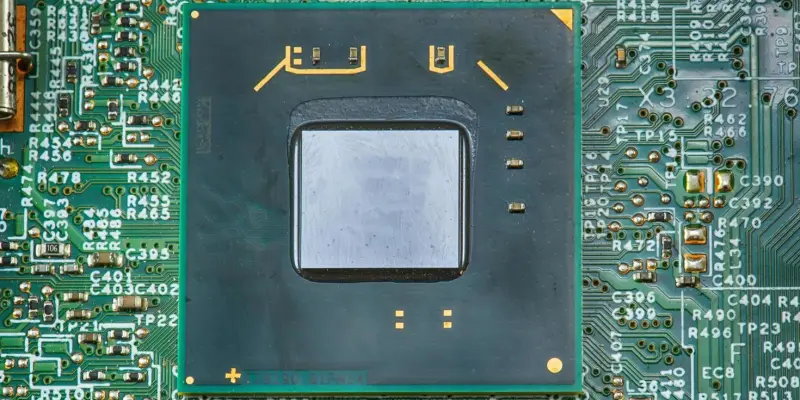The MSI Claw 8 AI+ handheld devices have been grappling with a significant audio glitch that has plagued users with persistent disturbances in recent times. This problem, identified by users as being tied to the Core Ultra Series 2 processors, not only diminishes audio quality but also hampers device performance. The manifestation of this issue has resulted in severe CPU overload, frequently running at 100% usage, which in turn has extended loading times significantly. Users initially found themselves resorting to rolling back to an earlier driver, version 6795, or disabling Intel AI Boost as temporary fixes. However, these workarounds often proved inconsistent and did not guarantee a permanent solution to the aggravating problem. The recently unveiled solution, the Arc Graphics 32.0.101.6877 driver, is Intel’s attempt to rectify the situation comprehensively, as highlighted in the company’s release notes. This move signals a determined effort by Intel to address community feedback swiftly and effectively.
The Road to Recovery and Enhanced User Experience
The audio issues found in the Claw 8 AI+ devices, alongside problems with earlier models like the Claw 7 AI+, demanded immediate attention to uphold consumer confidence and satisfaction. Intel addressed these ongoing concerns by releasing the Arc Graphics 32.0.101.6877 driver update. This strategic move was designed to tackle persistent audio glitches and enhance device performance. It underscores Intel’s commitment to optimizing user experiences and improving device efficiency through continuous driver updates. Notably, newer devices running on Meteor Lake processors haven’t encountered these issues, offering users a pivotal upgrade in performance. Intel’s swift action in releasing the update highlights the company’s dedication to providing stable tech solutions in a rapidly evolving market. By responding quickly to customer concerns, Intel showcases the significance of aligning product development closely with user feedback. The focus on the new driver illustrates the necessity for regular updates, reflecting Intel’s ability to adapt and maintain customer trust and engagement.

